Meng Wanzhou struck a deal Friday with the U.S. Justice Department to resolve their charges against her — a deal that has paved the way for a B.C. court to discharge her and allow the Huawei Technologies executive to return to China.

And, shortly after Meng left Vancouver on an Air China flight to Shenzhen, China, Prime Minister Justin Trudeau confirmed that Michael Kovrig and Michael Spavor were on route back to Canada.
Both Kovrig and Spavor had spent over 1,000 days in detention in China — the ordeal having started just days after Canadian police arrested Meng at the behest of a U.S. extradition request in December of 2018.
Meng was originally wanted on U.S. charges of committing fraud by misleading the HSBC bank on her company’s dealings in Iran. The “Two Michaels,” as Spavor and Kovrig have been frequently referred to, were detained on espionage charges.

Here is a timeline of the key events leading to the “Two Michaels” freeing and Meng’s release:
Aug. 22, 2018: An arrest warrant was issued in a New York court for Meng Wanzhou to stand trial in the United States.
Dec. 1, 2018: Canadian police, abiding by the extradition request, arrested the Huawei CFO while she was changing planes at Vancouver airport.
Dec. 6, 2018: Chinese officials claimed they had not been given a reason for Meng’s arrest. The White House and Trudeau both moved to distance themselves from the arrest.

Dec. 7, 2018: Information from court proceedings revealed that the U.S. issued the arrest warrant against Meng because it believed she covered up attempts by Huawei-linked companies to sell equipment to Iran, breaking U.S. sanctions against the country.
Dec. 8, 2018: China, after summoning Canada’s ambassador John McCallum, warned of severe consequences should Meng not be released.
Dec. 10, 2018: Two Canadians, Michael Kovrig and Michael Spavor, were detained in China.
Dec. 11, 2018: A B.C. court released Meng on $10 million bail — subjecting her to house arrest in Vancouver, 24/7 monitoring and to surrender her passport.

Get breaking National news
2019
Jan. 8, 2019: Huawei is alleged to have links to companies that were suspected having business dealings in Iran and Syria — against U.S. sanctions, according to a Reuters report.
Jan. 22, 2019: The U.S. Justice Department formally seeks the extradition of Meng to the United States.
Jan. 26, 2019: Trudeau fired Canada’s ambassador to China, John McCallum, for telling Chinese-language media that Huawei can make a substantial case against extradition.
Feb. 4, 2019: Canadian canola shipments are delayed from entering China, effectively slowing trade to one Canada’s biggest exporters.
March 1, 2019: Meng’s extradition to the U.S. was formally approved by Canada. China ‘firmly opposes’ the decision.
March 3, 2019: Meng’s legal team filed a civil suit against Canada over her arrest, claiming “serious violations” of constitutional rights. China also claimed Kovrig had stolen state secrets with Spavor’s help.
March 6, 2019: China claimed to have found “hazardous pests” in Canadian canola samples and held up most shipments of the crop. An industry group would later say that China had stopped all canola exports from Canada.

June 25, 2019: China asks Canada to stop meat exports to the country over “forged certificates.”
July 15, 2019: Canada delayed a decision on whether Huawei would be allowed to build a 5G network in the country.
2020
April 23, 2020: Canada marks the 500th day of Kovrig’s detention in China. The prime minister would also reveal that both Spavor and Kovrig had not received consular service due to COVID-19 restrictions in China.

May 27, 2020: A B.C Supreme Court judge ruled that the charges against Wanzhou met the legal standard of double criminality. They could, therefore, be considered crimes in both the United States and Canada.
June 19, 2020: China formally charged both Kovrig and Spavor with alleged espionage.
Aug. 25, 2020: Meng’s lawyers pushed for the release of further documents relating to her arrest but were blocked by Canadian court.
Oct. 8, 2020: A Supreme Court judge in B.C. ruled that Meng did not have the right to more disclosures, with the exception of one section in an email.
Oct. 26, 2020: Cross-examination of witnesses on the second branch of abuse of process began.
Nov. 16, 2020: Another two weeks of witness cross-examination commenced.
Canadian border agents testified, standing by their decision to interrogate Meng before allowing the federal police to detain her. Huawei’s lawyers claimed the federal police violated Meng’s rights by handing over identifying details of her electronic devices to U.S. authorities.

2021
March 19, 2021: Spavor’s trial commenced resulting in a two-hour closed court hearing that ended without an immediate verdict. A Chinese court said a decision would be set a later date.
March 22, 2021: Kovrig would attend a close court trial as well, with a Chinese court releasing an identical statement to Spavor’s — that a verdict would be announced at a later date.

Aug. 4, 2021: The final weeks of hearings saw Meng return to the court room. Meng’s lawyers would argue that the U.S. had acted in “bad faith” when it requested Meng’s extradition from Canada.
Aug. 10, 2021: A Chinese court sentenced Spavor to 11 years in prison for espionage, and would have ¥50,000 confiscated and would be deported at an unspecified date.
Trudeau called the sentencing “absolutely unacceptable and unjust.” Canada’s Ambassador to China Dominic Barton accused China of timing the verdict to coincide with the verdict of Meng, whose extradition hearing occurred simultaneously.
Aug. 13, 2021: Meng’s lawyers accuse the U.S. of having presented a “fatally flawed” case against her that doesn’t meet the threshold for extradition.

Aug. 18, 2021: The judge in Meng’s extradition case reserves her decision and says that she would set a date to make the ruling later on Oct. 21.
Sept. 5, 2021: Federal leaders, who were in the midst of the campaign trail for the 2021 federal election, marked 1,000 days since Spavor and Kovrig were first detained in China.
Sept. 24, 2021: Meng strikes a deal with U.S. prosecutors in a deferred prosecution agreement. The Huawei executive would plead not guilty to the charges laid against her but would admit some wrongdoing.
Sept. 24, 2021: A Canadian court drops the U.S. extradition request and Meng’s bail conditions. Within hours after appearing in court, Meng would board a flight to Shenzhen, China — the location of Huawei’s headquarters.
Sept. 24, 2021: Trudeau announces that Kovrig and Spavor boarded a plane with Ambassador Barton and were on their way home. The prime minister would not divulge any further details, citing security reasons.
— With files from The Canadian Press, Reuters, The Associated Press and several Global News’ writers.



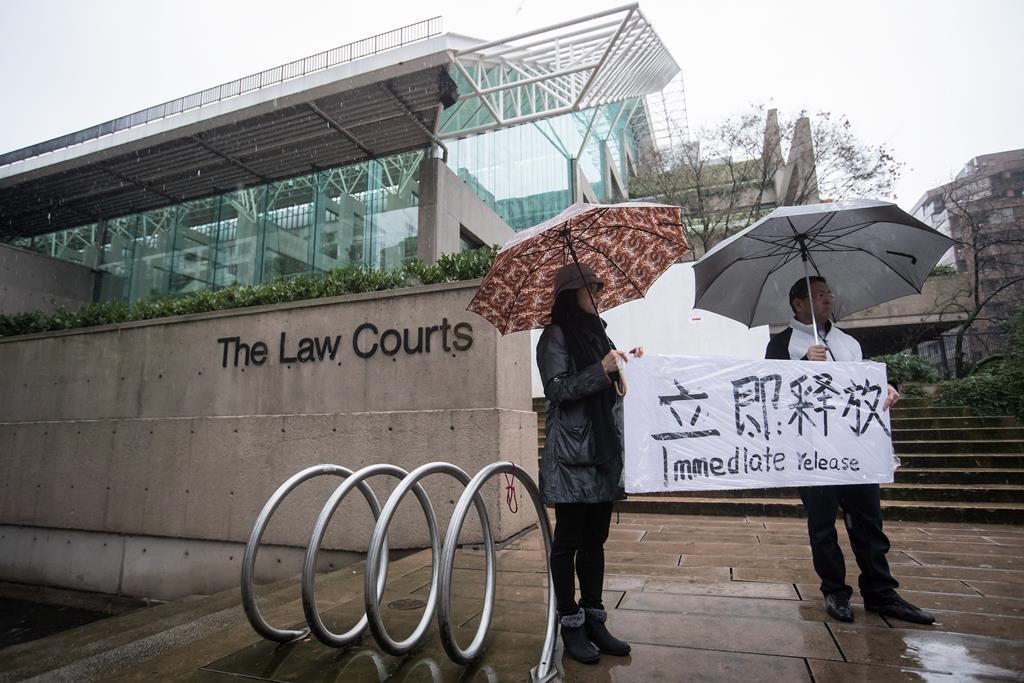
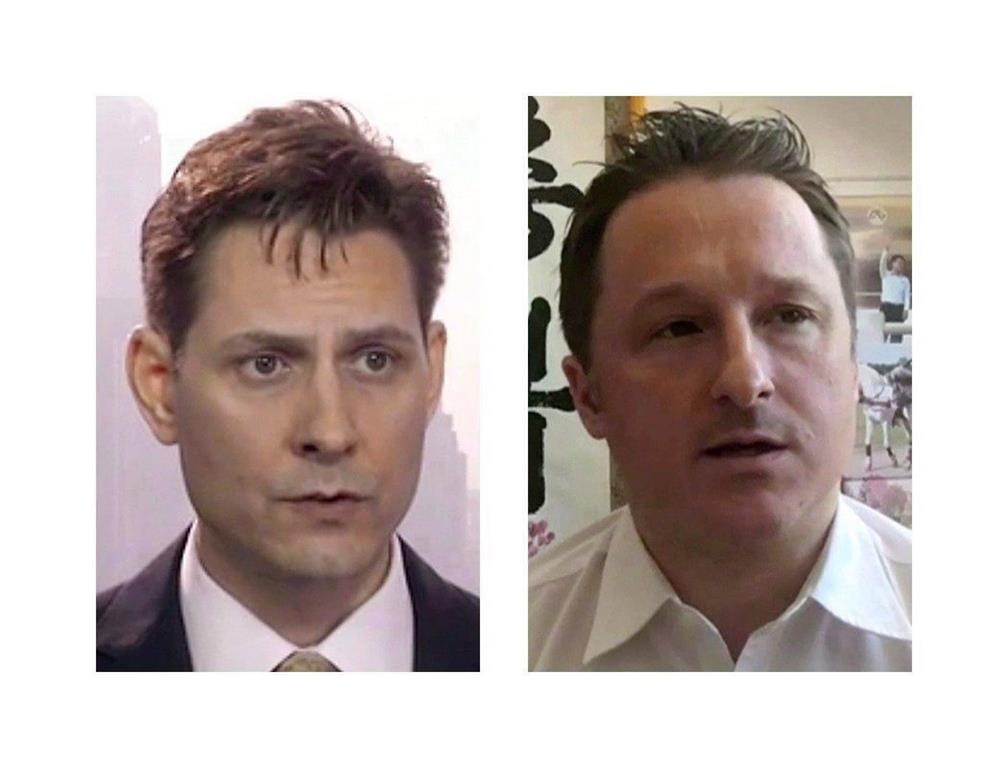

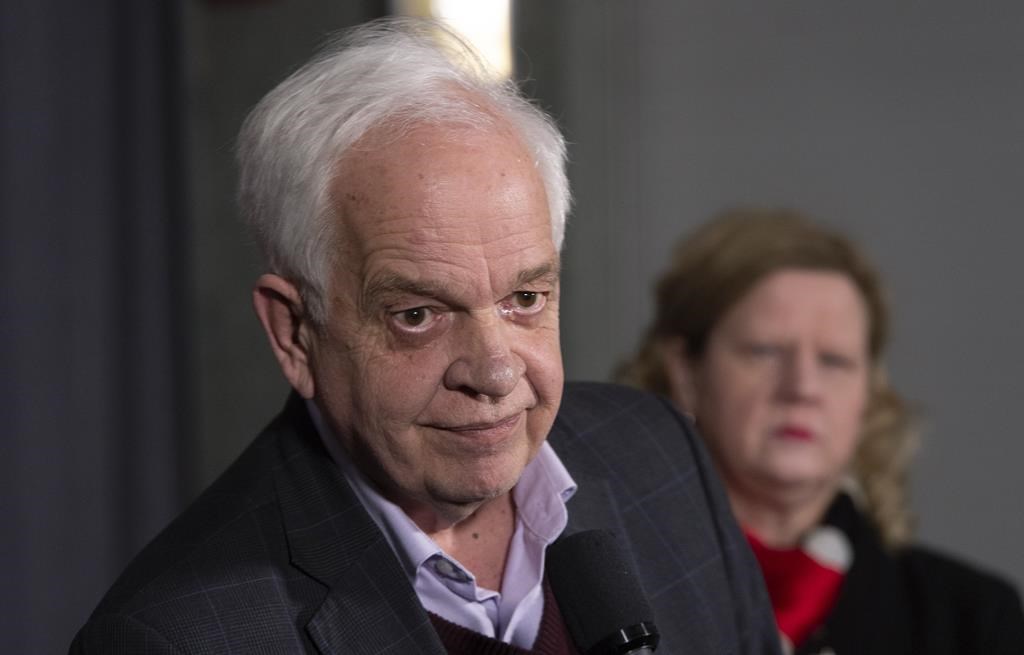


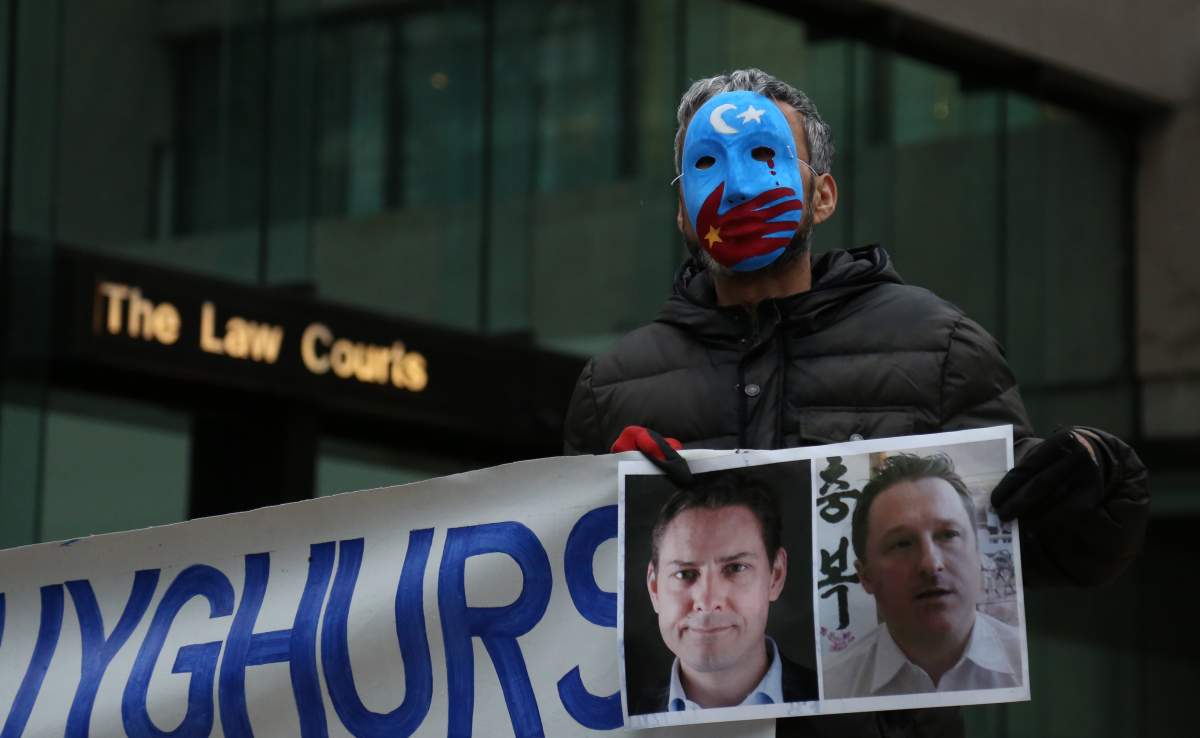
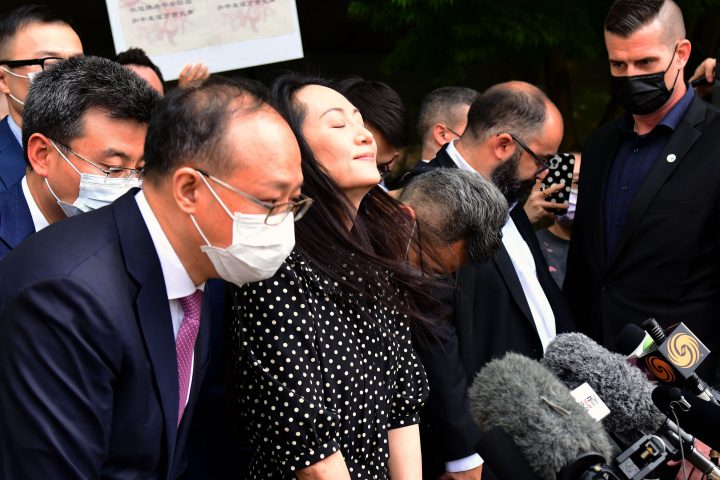




Comments
Want to discuss? Please read our Commenting Policy first.